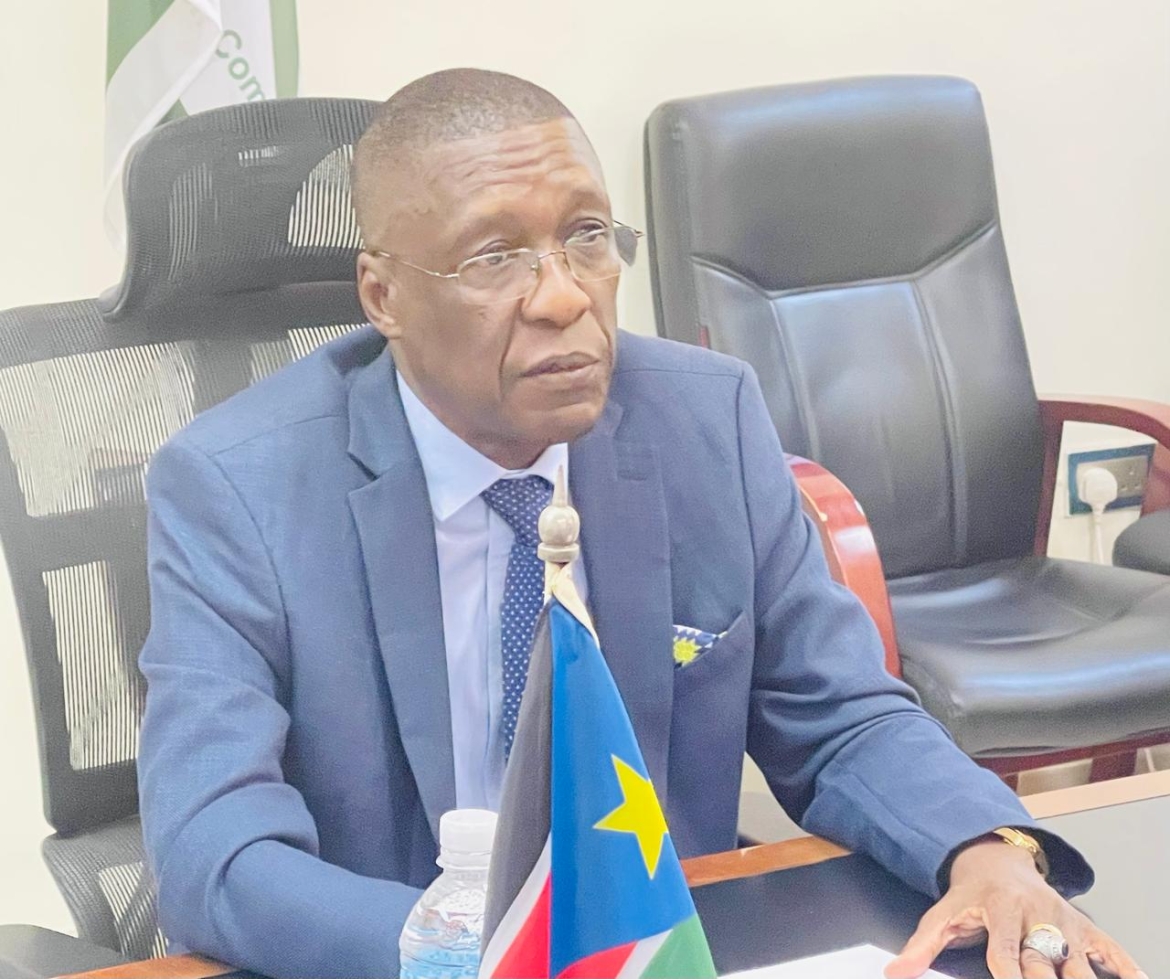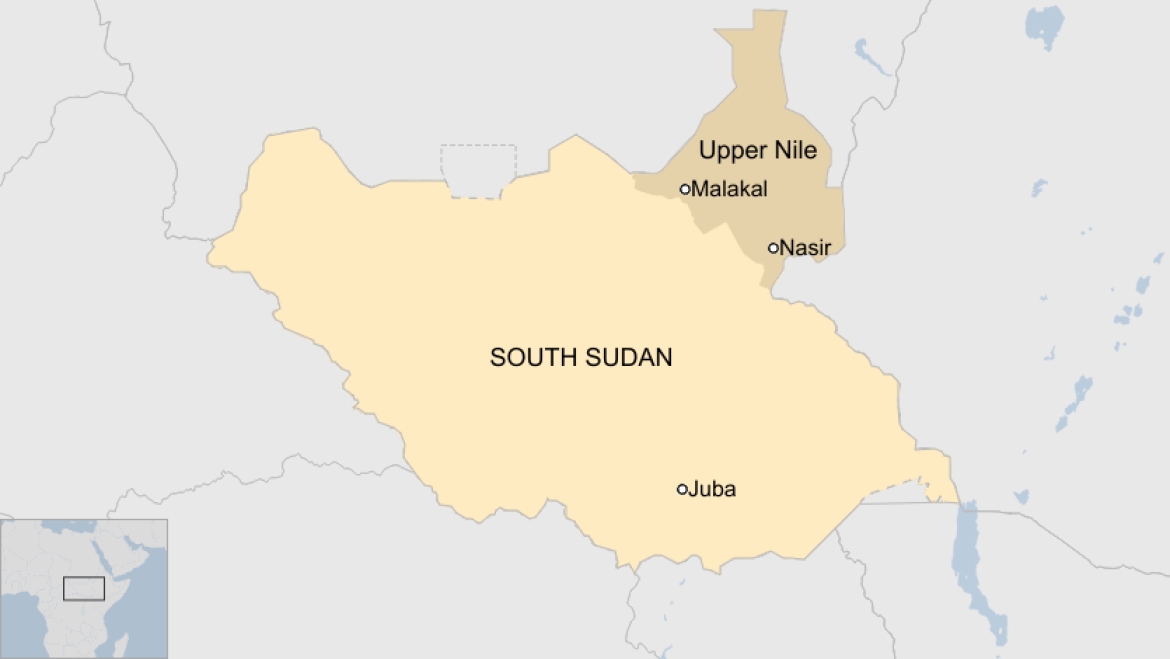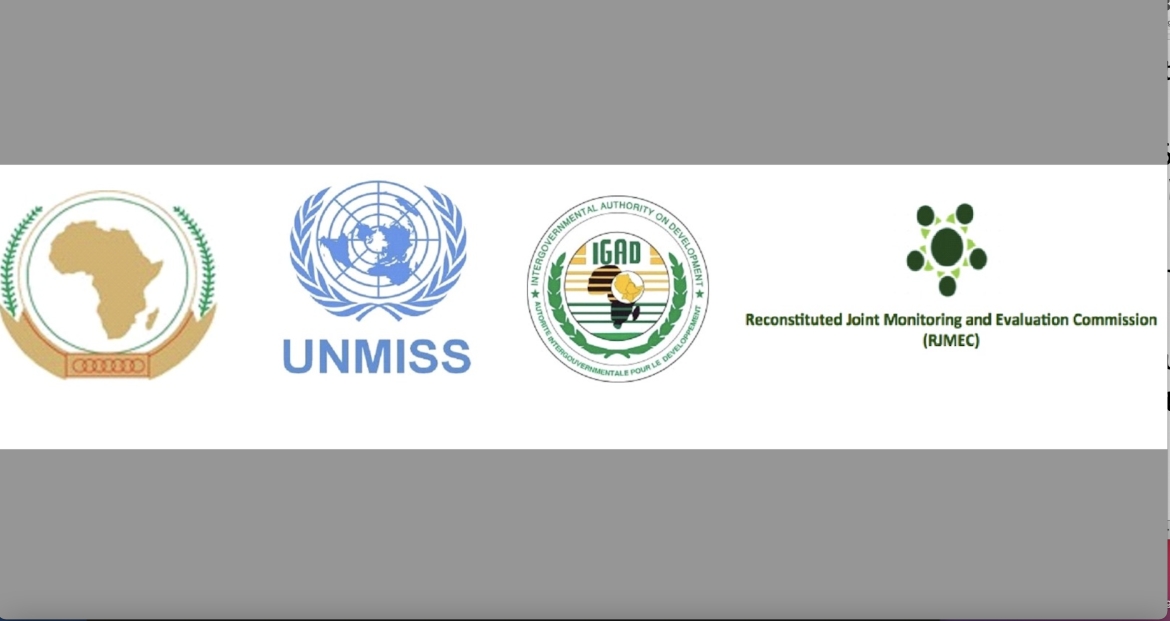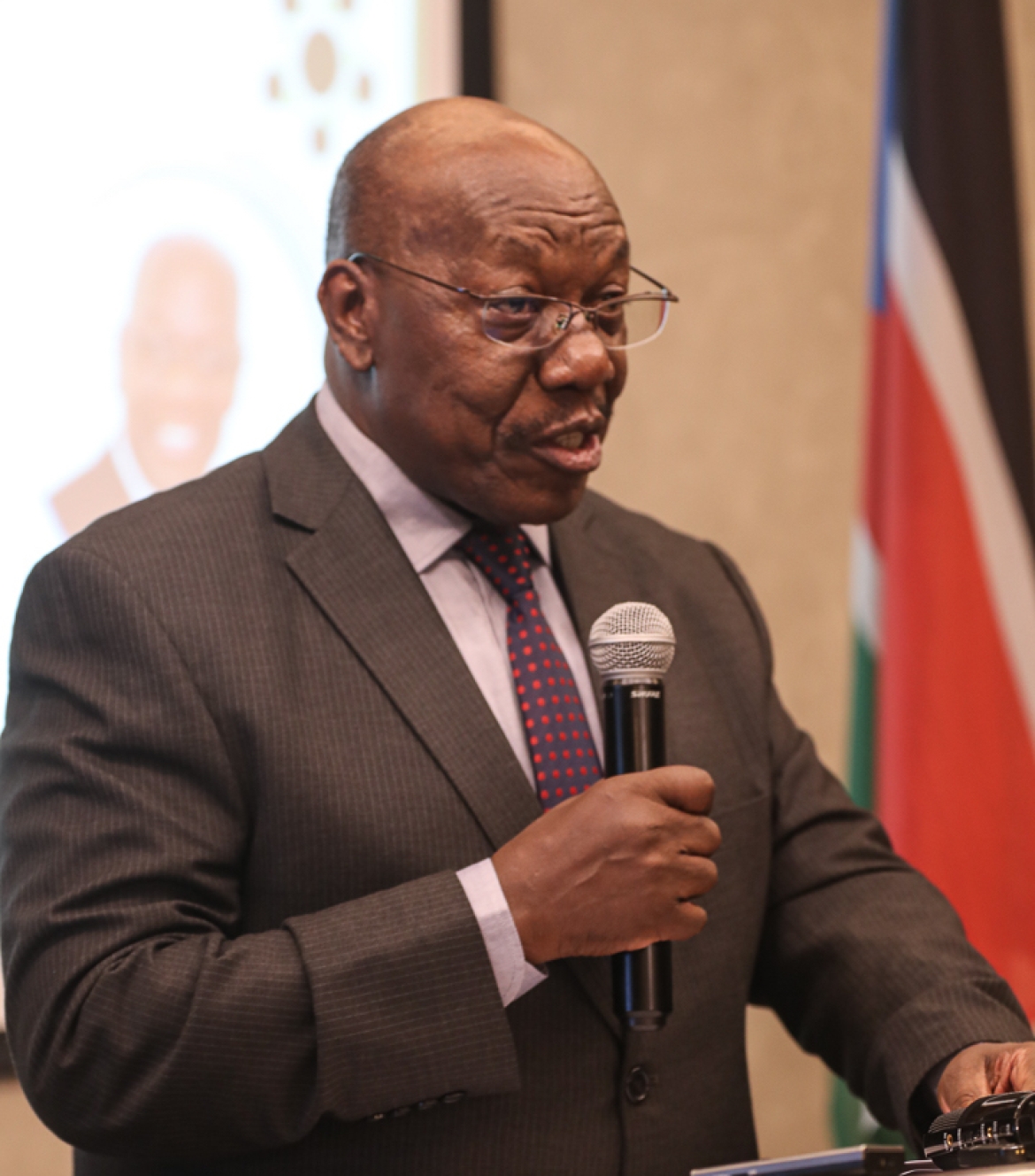JMEC briefs visiting Japanese delegation
The Joint Monitoring and Evaluation Commission (JMEC) and a visiting Japanese delegation have on Friday held discussions on the security situation in South Sudan.
The team drawn from the Ministry of Defence was also briefed on the IGAD-led High-Level Revitalization Forum (HLRF) and the prospects of the implementation of the Agreement on the resolution of the Conflict in the Republic of South Sudan (ARCSS), going forward.
The JMEC Deputy Chief of staff (Strategy) Amb. Mahen Kundasamy welcomed the delegation on behalf of the JMEC Chairperson, H.E. Festus Mogae.
The team, Mr. Akira Sudo, Maj. Kazuaki Uchiumi from Japan’s Defense Intelligence Headquarters and Col. Hidemasa Murata, Addis-based Defence Attaché, also got an update on the Cessation of Hostilities (CoH) agreement as signed in December last year, by the parties during Phase 1 of the HLRF.
JMEC Security Advisor, Mr. Kim Hooper noted cantonment and the disarmament, demobilization, and reintegration (DDR) as envisaged in the Agreement, still faced financial challenges, that hampered its successful implementation.
“This processes are critical because it will help get former fighters into normal life. It remains an issue to ponder about. There is also the need and importance of cantonment of troops which also faces a funding challenge,” he said.
On the economic front, JMEC’s Senior Economic and Financial Management Advisor, Dr. Thomson Fontaine briefed the delegation on the economic situation in the country.
“The country continues to face serious economic challenges including high inflation, and continued devaluation of the local currency against US dollar. The government has attempted to address the exchange rate challenge by seeking to restrict operators within the black market and injecting more dollars into the economy,” he said.





